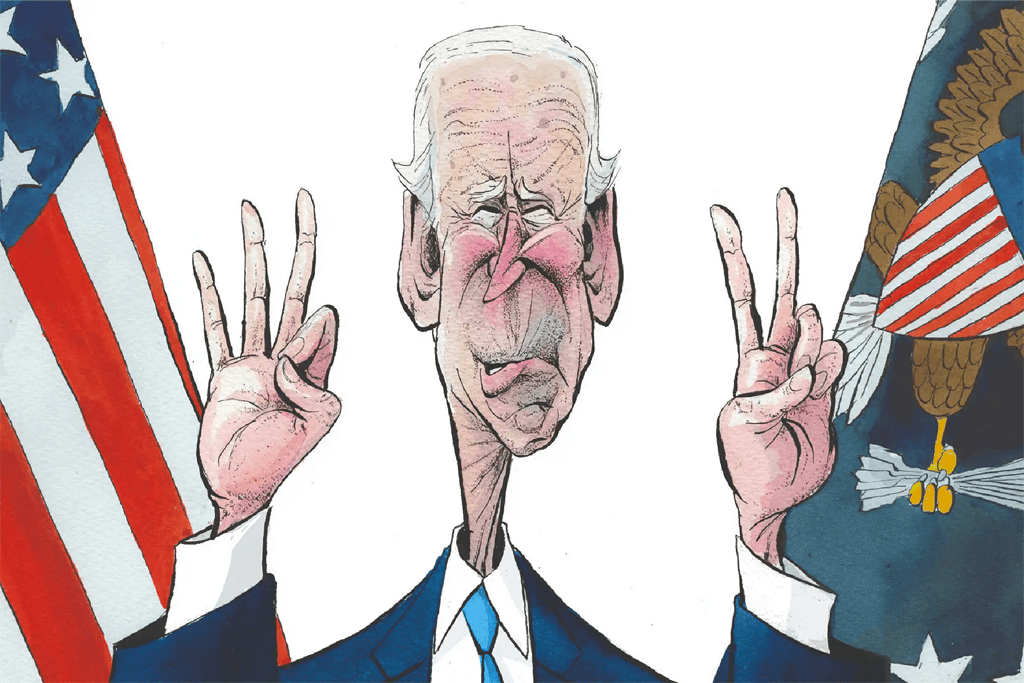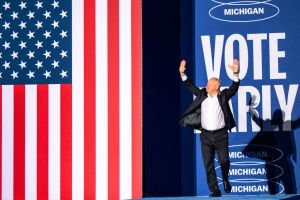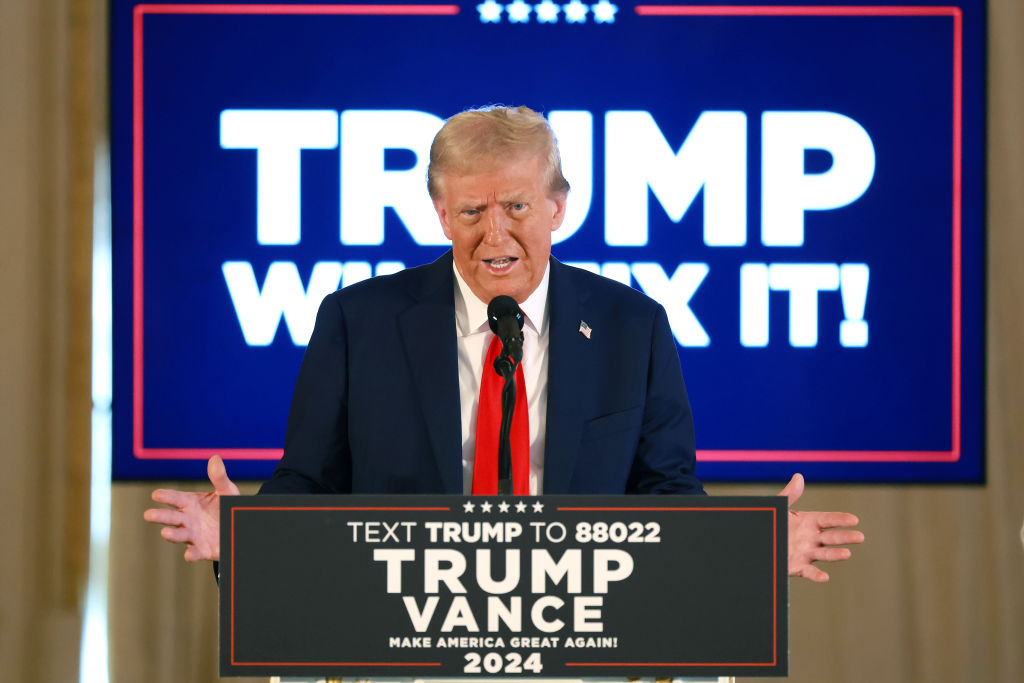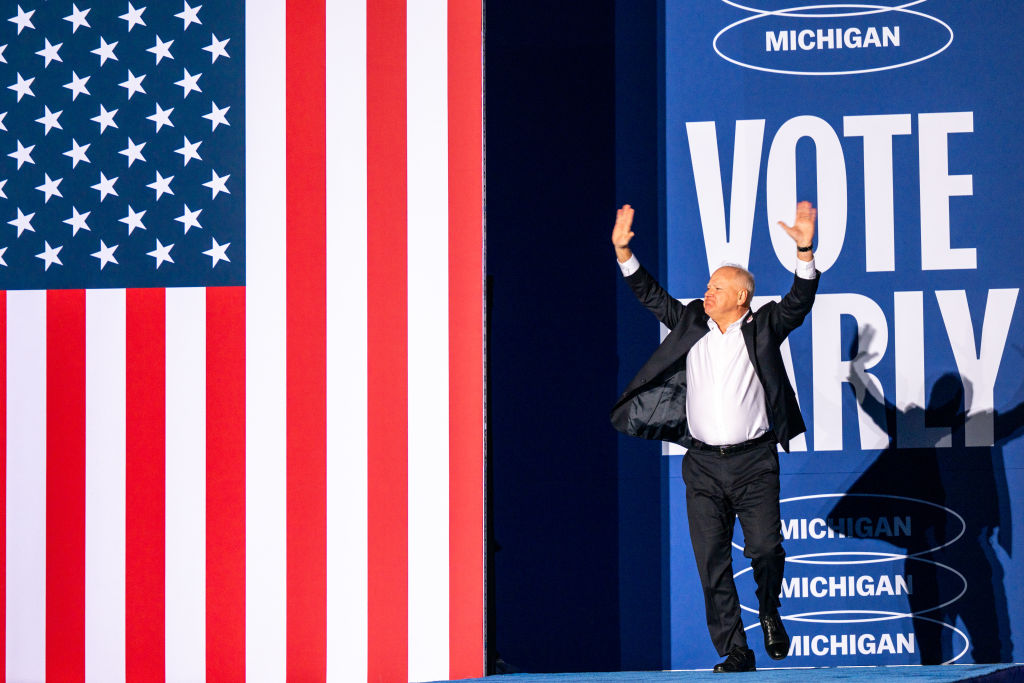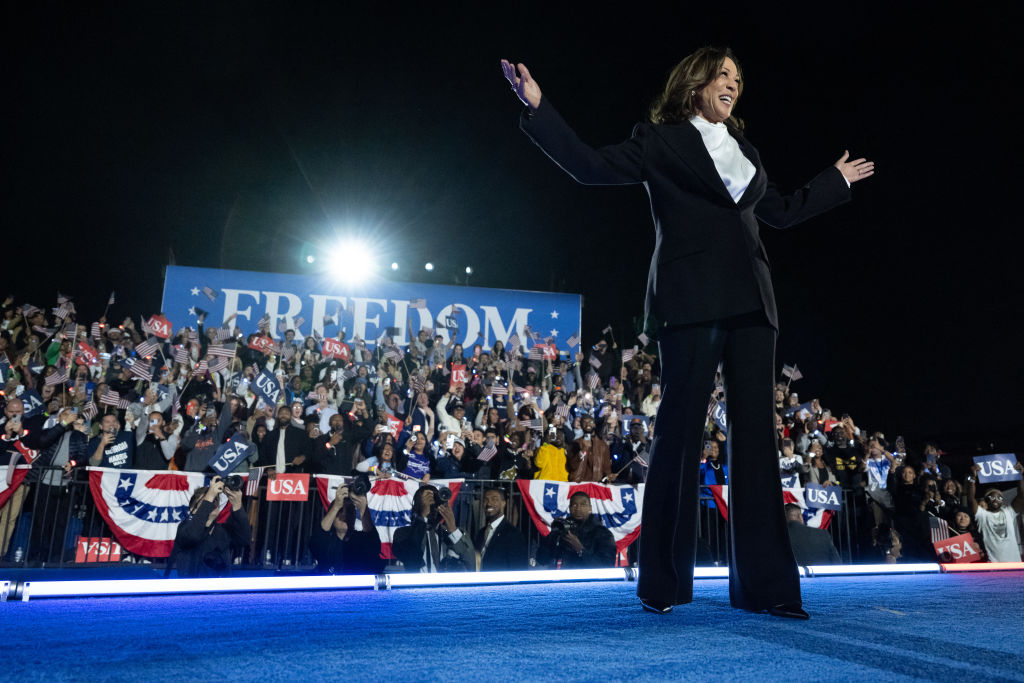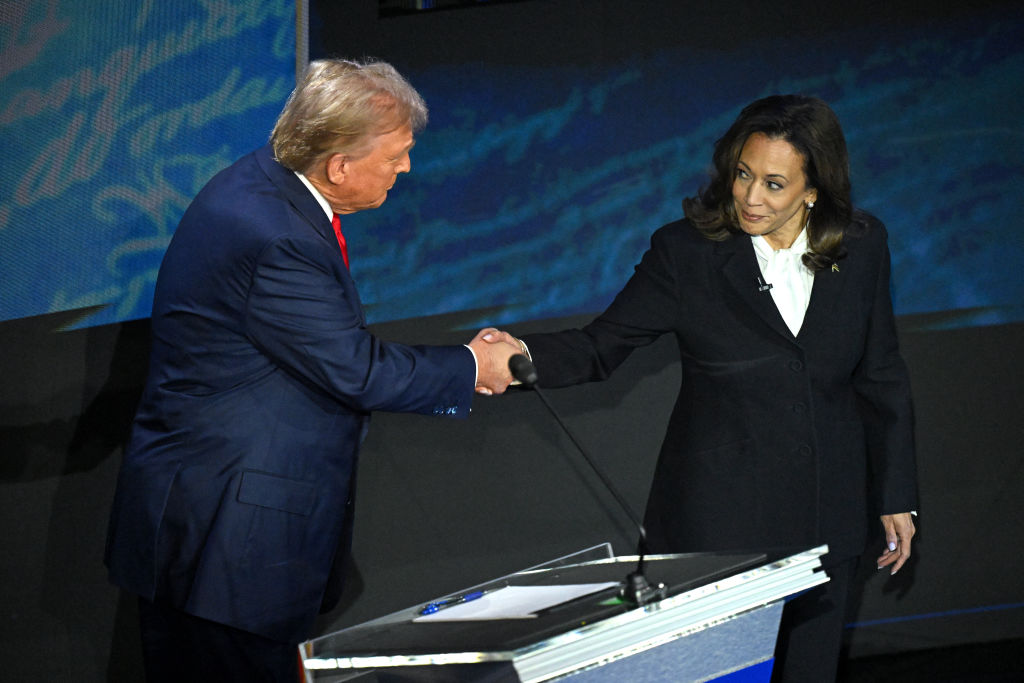“There have been so many accomplishments under this administration, it can be difficult to list them in a distilled way.” So said Pete Buttigieg, the transportation secretary, last weekend, when asked why Americans don’t share the White House’s sense that President Joe Biden is doing a brilliant job.
Well, in his second State of the Union address on Tuesday, Biden attempted that laborious exercise in success distillation. He spent an hour and thirteen minutes telling Congress and the world about the great work he’s doing.
He talked about having created “12 million jobs” and record employment highs; about the many bills he has signed; about the ways he has tackled inflation; about reducing the deficit by $1.7 trillion. Partisan fact-checkers can bicker over the veracity of these claims and the extent to which he deserves credit. It’s fair to say, though, that Biden’s bragging won’t mean much to the four in ten Americans who feel worse off since he took power or the 66 percent who say their country is on “the wrong track.”
Still, Biden feels he’s winning and he isn’t going to let any pesky polls tell him otherwise. After two difficult years, he believes his presidency is at an inflection point and the arc of history is bending in his direction. The crazy part is he might not be wrong.
“Because the soul of this nation is strong, because the backbone of this nation is strong, because the people of this nation are strong, the State of the Union is strong,” he concluded, echoing the leitmotif of almost every president since Ronald Reagan called the union’s state “strong” in 1983.
It’s all very hammy and that’s the point. The State of the Union speech has become a bizarrely sentimental and pompous set-piece — something which, as many have pointed out, the nation’s founders never intended it to be. The US Constitution has one line instructing presidents “from time-to-time to give to the Congress Information of the state of the Union.” That somehow has turned into a major televisual event, complete with security protocols, tear-jerk moments and celebrities. Bono came this year.
Biden looks comfortable in such a setting. He didn’t sound frail or senile. There were a few flubs — he said “bezbejun jobs” when he meant “prescription drugs” — but no mega-gaffes.
He seemed to relish speaking for the first time as commander-in-chief to a Republican majority in the House of Representatives. He started with a friendly welcome to the new Republican House speaker, Kevin McCarthy, an obvious contrast to the 2020 State of the Union under Donald Trump, when Nancy Pelosi ripped up her copy of the president’s speech as she stood behind him.
After five decades in Washington, Biden understands the real art of bipartisanship is to talk warmly about “working together” while knifing your enemy between the shoulder blades. That’s why, when speaking about his efforts to bring down drug prices for Americans, he turned to the Republican side of the House and said: “Folks, Big Pharma is still going to do very well, I promise you,” thus artfully insinuating his opponents only care about further enriching the super-rich. Some Republicans heckled him, which emphasized his point.
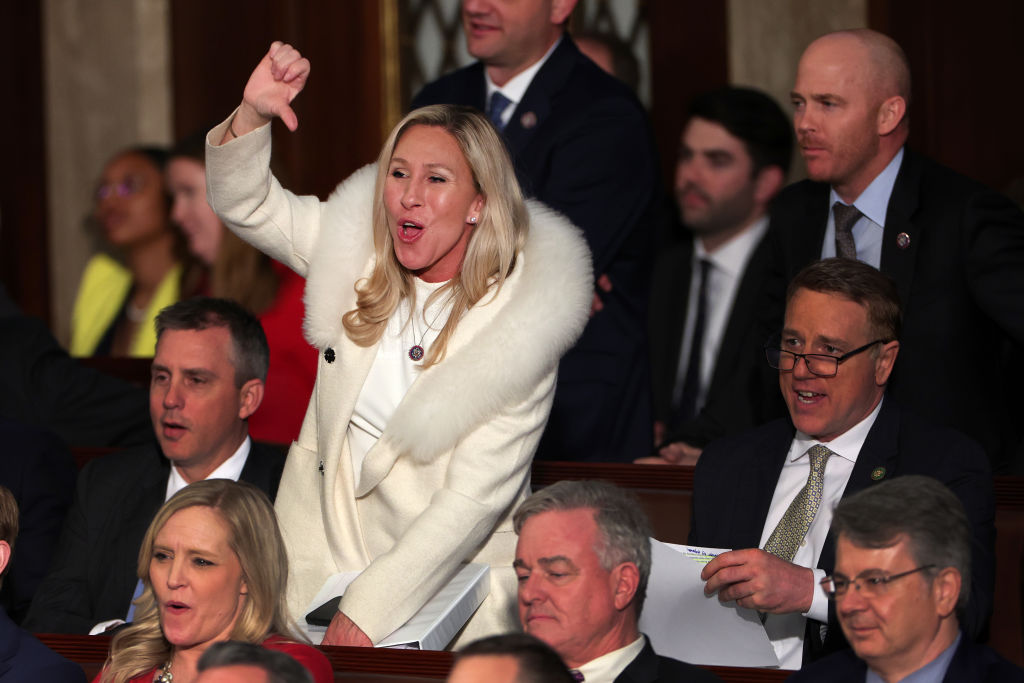
It seems increasingly likely that Biden will run again next year, despite his age and all the speculation. His winning formula could turn out to be this bogus bonhomie towards the Republican majority. As vice president, he saw how from 2010 to 2012 Barack Obama pitched himself as the president of the people, endlessly hampered by his mean and implacable opponents. Biden fancies his chances doing the same.
Even Donald Trump seemed grudgingly impressed. “Look, he worked hard tonight,” the 45th president said of his successor on his Truth Social platform. “It’s not a natural thing for him, it never was, but you’ve got to give him credit for trying. I disagree with him on most of his policies, but he put into words what he felt, and he ended the evening far stronger than he began. Give him credit for that.”
That’s partly Trump showing Biden that he can do faux magnanimity, too. Yet it’s also an implicit acknowledgement that Biden has, to a greater extent than most political observers recognize, adapted Trump’s populist message on the fundamentals of the American economy. The secret sauce of Bidenism is that, in some ways, it is simply a politically correct recasting of “America First” Trumpism.
Biden stressed a number of points that, if espoused by Trump, would have caused liberals to howl “protectionism.” He boasted about his CHIPS and Science Act, which will put $280 billion towards supporting the American semi-conductor industry, primarily against Chinese competition. “We’re going to make sure the supply chain for America begins in America,” he said.
Last year, Biden started his SOTU speaking at length on the war in Ukraine. This year, foreign policy was a minor theme. He reiterated his commitment to standing up to “Putin’s aggression” and said that, while he was eager to “work with China where we can… if China threatens our sovereignty, we will act to protect our country. And we did.” That was as close as he came to discussing the Chinese spy balloon which has recently dominated headlines.
The president put America First, stressing his domestic infrastructure program for “urban, rural, tribal” projects. “Tonight,” he added, “I’m announcing new standards to require all construction materials used in federal infrastructure projects to be made in America. Made in America. I mean it.”
Biden spiced things up with a confusing digression about how McDonald’s workers shouldn’t have to sign non-compete contracts. Yet his essential economic point to “super-wealthy” corporate America is the same populist — and popular — one he’s been making for years. “I’m a capitalist,” he said. “But pay your fair share.” Good old Joe.
Perhaps the most significant, albeit quite technical, news point from the speech is that Biden is proposing to quadruple the tax on corporate stock buybacks to encourage companies to make more “long-term investments.” That might sound like good mom ’n’ pop economics, but it could cause serious aggravation among some of America’s biggest employers.
Biden did not, as some expected, drop any hints that he is about to announce his candidacy for 2024, but he did use the phrase “finish the job” twelve times. The words were meant to convey Biden’s determination and fortitude. Yet given that a majority of Democratic voters tell pollsters they would rather a different candidate stood in 2024, the state of the Biden presidency remains… weak.
This article was originally published in The Spectator’s UK magazine. Subscribe to the World edition here.



